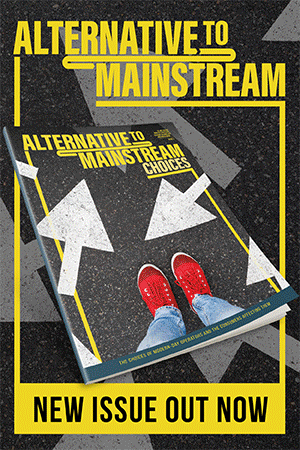National Living Wage to increase by over £1
The government has announced that the National Living Wage will increase to £11.44.

The government has announced that the National Living Wage (NLW) will increase to £11.44 in April next year, rising from its current level of £10.42.
Ahead of the Autumn Statement (22 November) it also announced that 21- and 22-year-olds will receive the NLW from April, bringing nearly 3m more people into the wage bracket.
While millions of workers will celebrate the news, reaction from the on-trade has been far from positive, as operators once again absorb another cost into their businesses.
Alex Reilley, co-founder of Loungers plc, took to Twitter/X to express his views of the wage rise.
"Lots of Tory MPs back-slapping about their inflation-busting National Living Wage increase," he says. "However, a reminder that it’s business that pays for this (NOT the govt) & that the increase drives more money into the Treasury’s coffers through increased income tax, employees NI and employers NI receipts.
"Don’t get me wrong this is great news for millions of people (it’s more than the 2 million the govt suggests as this has a knock on effect in the labour market). But, without targeted tax cuts [in the budget] this will force countess small hospitality business over the edge. It also only serves to pour petrol onto the embers of the inflation fire as prices will have to be increased to mitigate higher labour costs."
UKHospitality chief executive Kate Nicholls also points out that such a rise will have a significant knock-on impacts on costs as businesses struggle to maintain appropriate wage differentials across all of their staff, including at more experienced levels.
"If businesses are expected to deliver these wage levels, there must be action to drive down costs in other areas," she says. "The first priority on that list needs to be extending business rates relief and freezing the multiplier at the Autumn Statement.
"Without action on business rates, many businesses will not even make it to April to deliver these wage increases and jobs will be lost. That scenario benefits no one.
"In the longer term, stronger consideration needs to be given to a lower rate of VAT for hospitality to create a more sustainable tax burden for a sector that employs 3.5m people and delivers £93bn to the economy."
















